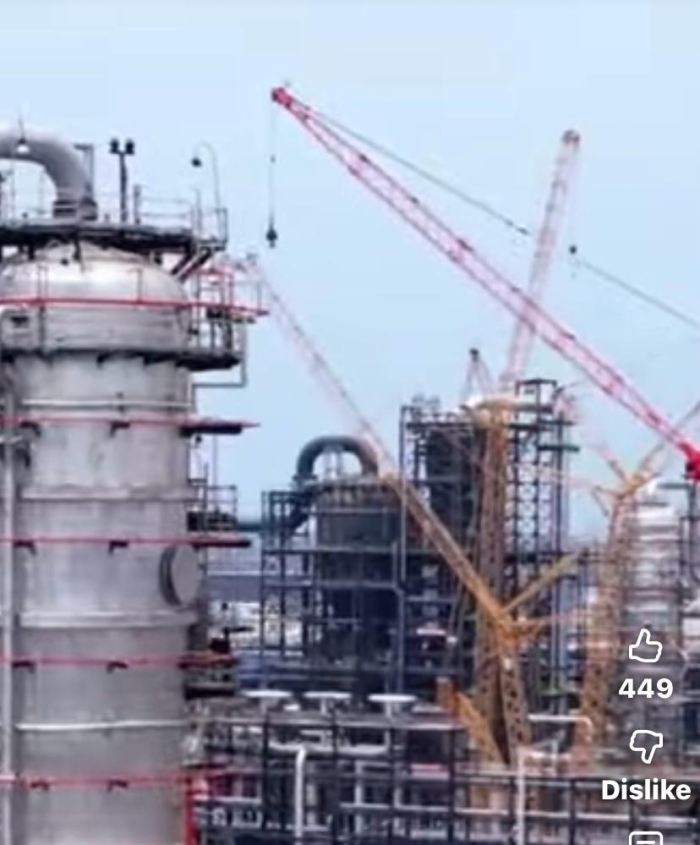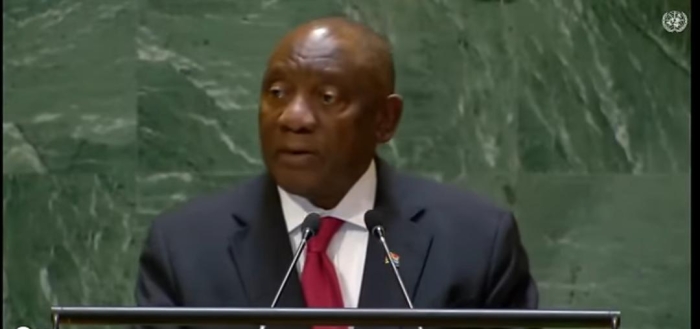According to Bismarck Rewane, CEO of Financial Derivatives, Nigeria's GDP is predicted to increase in the first quarter of 2024. Rewane, who spoke on Arise News on Saturday, said that Nigerians will face "more pain" before the end of the year. "The bad news is that there is pain and that there will be more pain in the short run," he continued, "but the good news is that there will be gains in the first quarter of 2024." "I used to think you'd get it sooner, but you'll need a supplemental budget and to recycle money into the system."
Tinubu declared the termination of the petrol subsidy in his first speech as president on May 29, resulting in an increase in the price of petrol at the pump. According to TheCable, the price has risen to N617 per liter in the federal capital territory (FCT) and surroundings, while it is sold for roughly N568 per litre in Lagos. On Saturday, George Akume, secretary-general to the government of the federation (SGF), urged Nigerians to be patient as the government implements remedies to "normalize" petrol prices.
The former Benue state governor called the fuel subsidy scheme regressive, saying the yearly payments were unsustainable and that Tinubu "had to act." Tinubu's initiatives to unify the currency rate and restructure the country's security architecture, according to Akume, demonstrate his commitment to protecting the country's future. Rewane commented on the currency rate, saying, "I think the key issue is what system is being used to keep your exchange rate from being fundamentally misaligned. "The exchange rate is misaligned because certain factors are happening that impact it. For example, you may keep certain variables fixed while allowing others to vary.
No variable should be constant in reality. Any economist who claims that a variable is constant is using partial equilibrium analysis, which does not work." The Central Bank of Nigeria (CBN) announced on June 14 the unification of all components of Nigeria's foreign exchange market, as well as the floating of the local currency. The strategy was designed to consolidate all foreign exchange (FX) windows into the investors and exporters (I&E) window.












